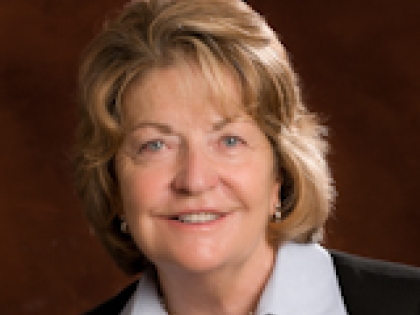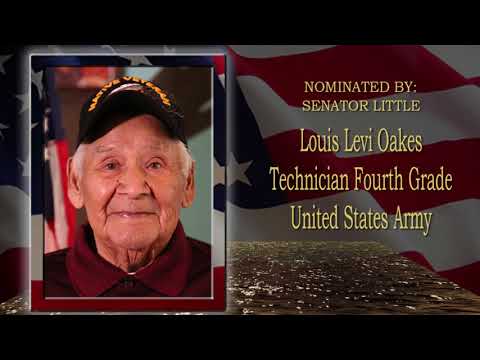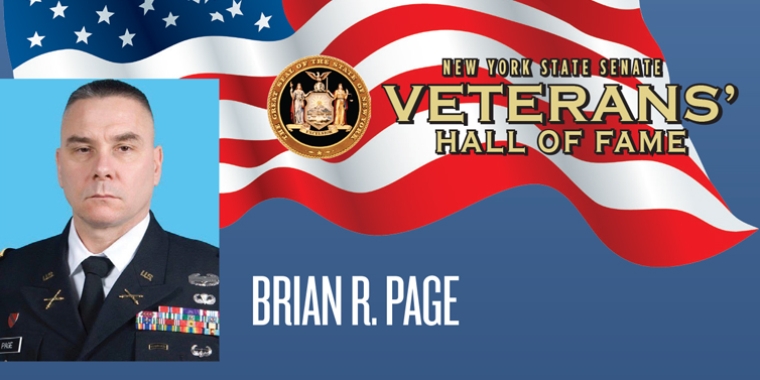
Jack Shea Law Closing DWI Legal Loophole Wins Legislative Approval
Betty Little
June 24, 2010
-
ISSUE:
- Drunk Driving
Named in honor of 1932 Olympic Gold Medalist Jack Shea
The Assembly today gave final legislative approval of legislation that would close a legal loophole in New York State’s DWI laws that has allowed drunk drivers to escape prosecution. Assemblywomen Janet Duprey and Teresa Sayward and Senator Betty Little Little cosponsored the legislation, which has been a priority for the District Attorneys Association of the State of New York.
The proposed law is named after double Olympic gold medalist Jack Shea of Lake Placid, who was killed by a drunk driver in 2002. Despite killing Mr. Shea and having a blood alcohol level of .15, that drunk driver was able to escape prosecution using this loophole.
Current state law contains an unnecessary restriction forbidding certain trained medical personnel, such as advanced emergency medical technicians, from withdrawing blood to determine alcohol or drug content without having a physician present. Drunk drivers have used this technicality in the law to have their blood evidence thrown out and escape prosecution.
“Enacting this measure into law would bring final closure on a terrible time in our lives,” said Jim Shea, Sr.. “It was heartbreaking for our family to not have my Dad with us when his grandson won the gold medal in skeleton at the 2002 Winter Olympic Games. The question we ask about the law still not having been changed is why does it take so long to do something that is so right? We don’t want anyone to have to ask the same question.”
Senator Little said, “The goal is simple and clear: to ensure justice is served. This change in law is particularly important in rural regions where hospitals don’t always have the staff available to meet the requirement of current law. That’s what happened in the tragic case of Jack Shea. I am pleased the Assembly and Senate have approved this important legislation and I am hopeful it will be signed by Governor Paterson.”
Assemblywoman Sayward said, “No family should have to suffer what the Shea family did when their father and grandfather Jack Shea was killed by a drunk driver who walked on a technicality. The Shea bill will ensure that evidence is secured quickly and professionally to assure drunk drivers who injure or kill someone will not go unpunished.”
Assemblywoman Duprey said, “Jack Shea was one of the North Country's most respected citizens. When families suffer the tragic death of a loved one at the hands of a drunk driver, they at least will no longer face a second tragedy by not having the driver prosecuted due to this loophole in the law. I was pleased to vote for this legislation removing a restriction on police and prosecutors in their efforts to combat drunk driving.”
Senator Charles Fuschillo, the main Senate sponsor said, “Legal loopholes should not allow drunk drivers who cause crashes and kill innocent people to escape prosecution. There are numerous licensed health professionals who are fully trained to take blood to determine alcohol content without the presence of a physician. I am pleased that the Senate and Assembly have joined together in approving this legislation to help bring drunk drivers to justice. Governor Paterson should sign it into law when it reaches his desk.”
Assemblyman Harvey Weisenberg, the main Assembly sponsor stated, “Current law does not fully ensure the prosecution of those who kill or injure others due to drunk driving. Our medical facilities are staffed with trained, licensed people who can withdraw blood. To require that only a physician can perform or supervise this task is woefully inadequate. This new law will ensure that evidence needed to prosecute will be gathered in a responsible, secure manner.”
Specifically the legislation (S.46B/A8601B) would:
* Expand the list of personnel who are allowed to withdraw blood without supervision if directed by a police officer. Currently, only physicians, registered professional nurses, and registered physician assistants are permitted to withdraw blood from an intoxicated driver without supervision. The proposed law would also extend that authority to certified nurse practitioners and advanced emergency medical technicians.
* Allow other medical personnel who are trained to draw blood, such as clinical laboratory technicians/technologists, phlebotomists, and medical laboratory technicians/technologists, to withdraw blood at the request of a police officer, as long as they are under the supervision & direction of a physician, registered physician assistant or certified nurse practitioner or receive the consent of the adult from whom the blood is being drawn.
Jack Shea was killed on January 23, 2002, in a collision with the drunk driver near his home in Lake Placid. No doctor was on duty at the small regional clinic where both Shea and the drunk driver were brought for treatment after the crash. The physician’s assistant and the registered nurse on duty treated Shea, the more severely injured of the two, and an advanced emergency medical technician drew the driver’s blood at the request of a police officer. The drunk driver consented, and his level showed a .15 BAC.
Because there was no doctor present, ultimately, the district attorney was not able to use the blood as evidence and the charges against the driver were dismissed. The district attorney appealed the ruling but the Appellate Court felt compelled to uphold the suppression of evidence due to current law. The Appellate Judge, however, called on the Legislature to amend the statute to remedy what they saw as an unnecessary restriction in the law.
The legislation is supported by the District Attorney’s Association of the State of New York. In a memo of support, the Association stated that the legislation was “critical” and would “assist [district attorneys] in the proper prosecution of drunk drivers.”
Kate Hogan, President of the District Attorneys Association of the State of New York said, "We applaud the legislature's commitment to advancing this public protection measure. This bill closes a loophole that permitted drunk drivers from escaping prosecution. We now have the ability to present evidence of intoxication that previously was precluded because of an antiquated technicality. It is a victory for common sense and improves our citizens' safety on our roads."
-30-



